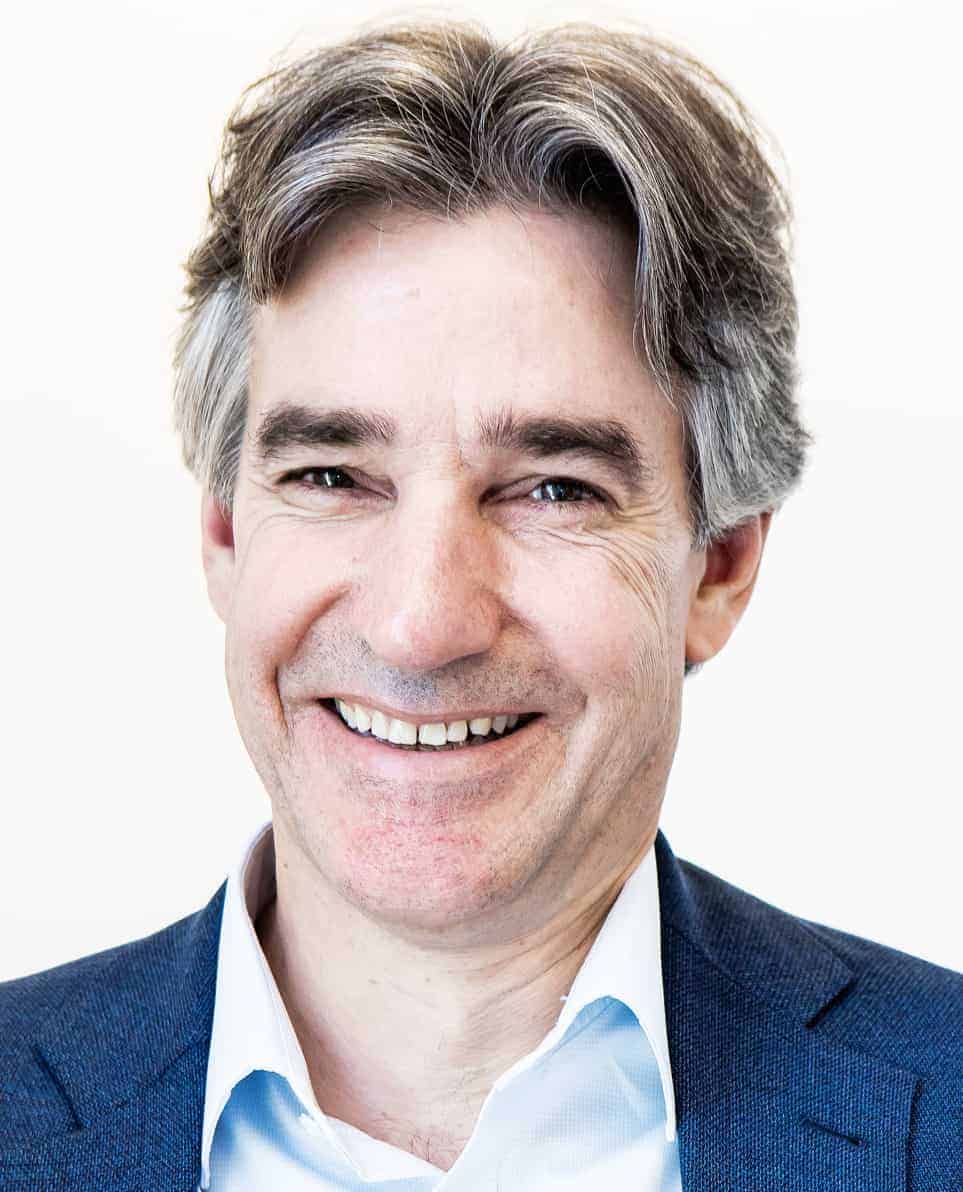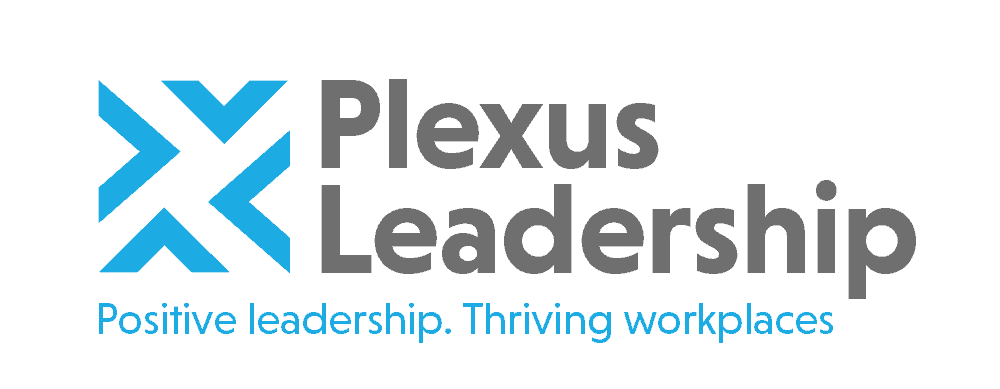Confidence is at the heart of effective performance as a leader. However, when setbacks and failures occur, a leader’s confidence can buckle, especially when this is already fragile to begin with. Internal voices of self-doubt are amplified and tell us we are no good. This triggers a vicious, negative spiral of anxiety and/or avoidance, lacklustre performance and demotivating performance feedback. This, more than anything, is the biggest enemy of leadership greatness and can impede you achieving your full potential.
By following the 6 steps below, leaders can tame their inner critic, build their confidence and achieve peak performance.
Focus on strengths and successes
Discover and focus on your personality and performance strengths, as well as your successes. The best way to do this is to identify and reflect on “peak experiences” in your career, i.e., times when you felt particularly energised and performed at your peak. What did you learn about yourself and your strengths from these occasions? What type of work do you find really energising and confidence boosting? How can you adapt your role or delegate tasks to focus more of your time doing the tasks you really enjoy?
Acknowledge and tackle your weaknesses
Focusing solely on your strengths won’t help you achieve inner confidence and success. It is crucial to understand and acknowledge your biggest performance risks and weaknesses. Greater self-awareness will enable you to take steps to reduce the skills limiting your performance and confidence. Try delegating tasks you don’t find energizing to people who have natural strengths in those areas. If you’re unable to do this, you will need to learn new habits and skills, so these aspects of your role don’t hold you back. At the same time, be compassionate towards yourself and accept that you will probably never become an expert in areas that don’t energize you. Your aim should be to get good enough to ensure these risks don’t block your progress or undermine your confidence.
Quit comparing yourself
Leaders who compare themselves with others continuously are rarely happy and confident. They spend too much time longing for strengths and qualities they don’t possess rather than optimizing those that are more natural for them. It is generally a good thing to gain inspiration from mentors, role models and others who can help you improve as a leader. However, it is never a good thing to look enviously at others wanting to be something you are not, and never will be.
Don’t fall into the trap of trying to be an “all-rounder”
Many leaders are high achievers and seek to be all-rounders. They want to prove to themselves and others that they can be equally good at everything. However, in doing so, they undermine their performance and never find their unique leadership edge, their ‘X-factor’. All strong leaders have great strengths, but also weaknesses and vulnerabilities. There is no such thing as a well-rounded leader. Once you accept this fact, you can find inner peace in your humanness and work on optimizing your unique edge as a leader. This will ensure you maximise your value and impact.
Stop trying to control everything
People with a high achievement drive and perfectionistic tendencies often try to control every aspect of their waking life. If things don’t go to plan, they blame themselves and this ultimately undermines their confidence. Therefore, it is important to recognise that life doesn’t always go smoothly, and you can’t control every aspect of your life. Start challenging yourself by asking yourself questions like: “What would happen if I gave up trying to control this?”, “Am I really the one who is responsible for this decision?” and “Is a decision required now or can it wait?”. Letting go releases you from the negative pressure you are putting yourself under to ensure everything goes perfectly, a totally unachievable aim.
Develop and amplify a positive narrative
Every time you experience self-doubt or limiting voices, focus on the opportunities and benefits of channelling your energy more positively. Amplify your positive self-talk, take control and do something to change your situation. Remember that success is not built overnight. It typically takes concerted effort, disciplined execution and perseverance to succeed. Mistakes and setbacks are a natural part of the learning process. They can make you stronger if you spend time working out how to improve and do things differently, rather than fearing what will happen when inevitable setbacks arise.
Finally, remember the quote of the famous mountaineer and first man to reach the summit of Mount Everest, Edmund Hillary: “It is not the mountain we conquer but ourselves”. If you can amplify your inner voices of possibility and accept who you are as a person, your self-criticism will be tamed and your confidence will grow as a result.
Other Posts

About the Author
James Brook
Founder and MD | Leadership Consultant | Organizational Psychologist
James is a leadership consultant, organizational psychologist and executive coach. He has over 25 years’ experience working with leaders, teams and organizations globally to optimize their performance, talent and future success. He specializes in positive leadership, thriving workplaces, collaboration and influencing, organizational change and transformation, accelerating innovation and coaching executives and leaders in innovative sectors including Tech, Digital, E-commerce and Life Sciences.
Before setting up Plexus Leadership, James held leadership roles in HR and Talent Management in the UK and abroad with companies such as NatWest, Yahoo! and Novo Nordisk Pharmaceuticals. After this, he founded and led several talent and leadership consulting and assessment businesses, including Strengthscope®, an online strengths assessment and development business serving a wide range of UK and global clients. James grew this venture into a global market leader before selling the business in 2018.
James has supported, advised and coached leaders and teams globally across diverse industries and geographies. Clients he has worked with include Allen & Overy, Commvault, Equinor, Facebook, GSK, Hilton, John Lewis, Novartis Pharmaceuticals, NHS, Oracle, Sainsbury’s, Swiss Re, Tesco, Takeda Pharmaceuticals, WSP and Yahoo!.
James has a Master’s in Organizational Psychology, an MBA, an Advanced Diploma in Executive Coaching and a Harvard Business qualification in Sustainable Business Strategy. He is a member of the Institute of Directors, the Association of Business Psychologists and a Fellow of the Chartered Institute of Personnel and Development (FCIPD). He is currently undertaking a PhD in Organizational Psychology examining the start-up experiences of Tech and Digital entrepreneurs.
James is a regular contributor and speaker on leadership, coaching, innovative talent management and the future of work. His most recent book, Optimize Your Strengths, explores how leaders can create thriving workplaces by inspiring and supporting people to optimize their potential and teamwork to deliver breakthrough results.




